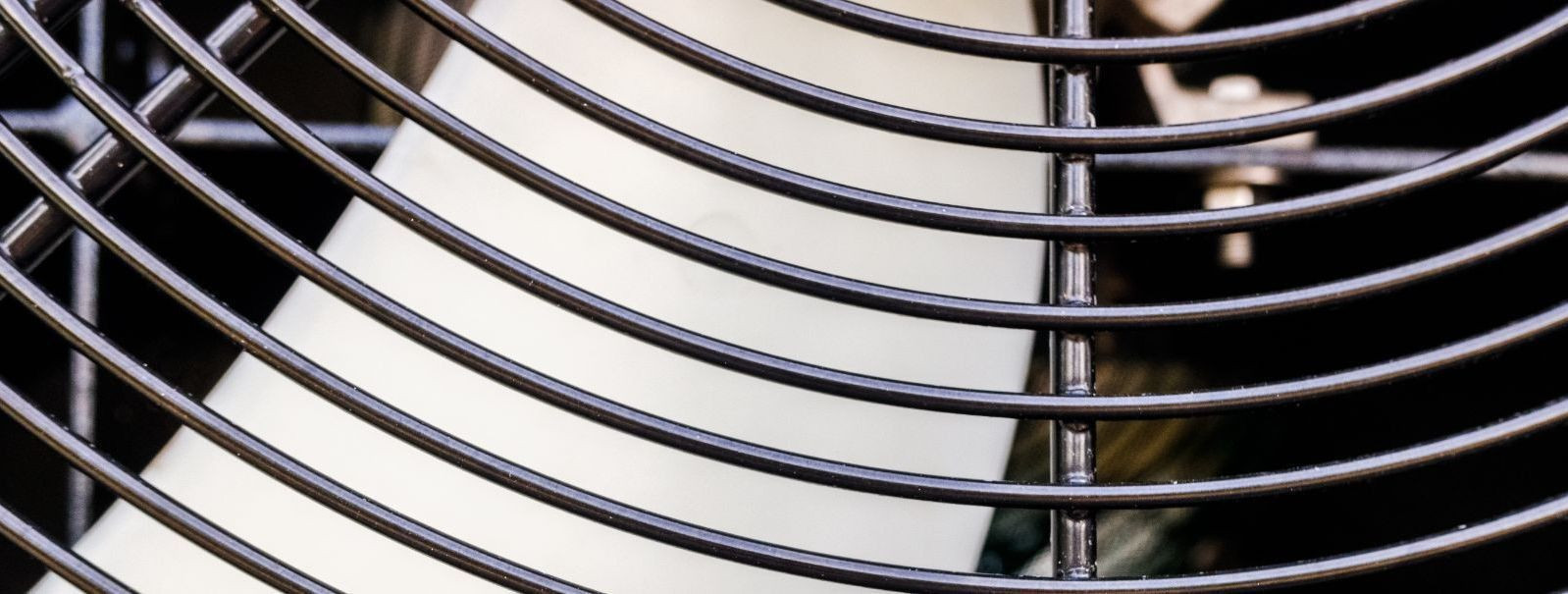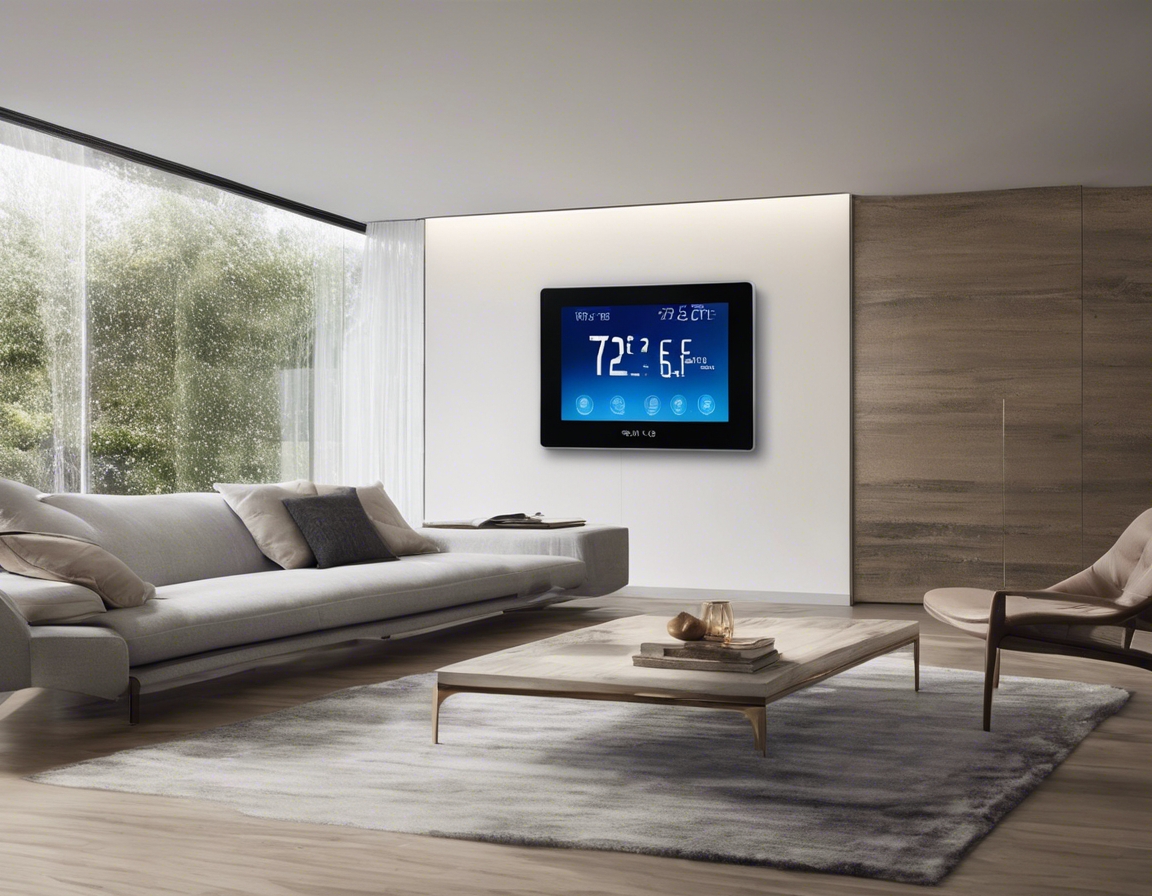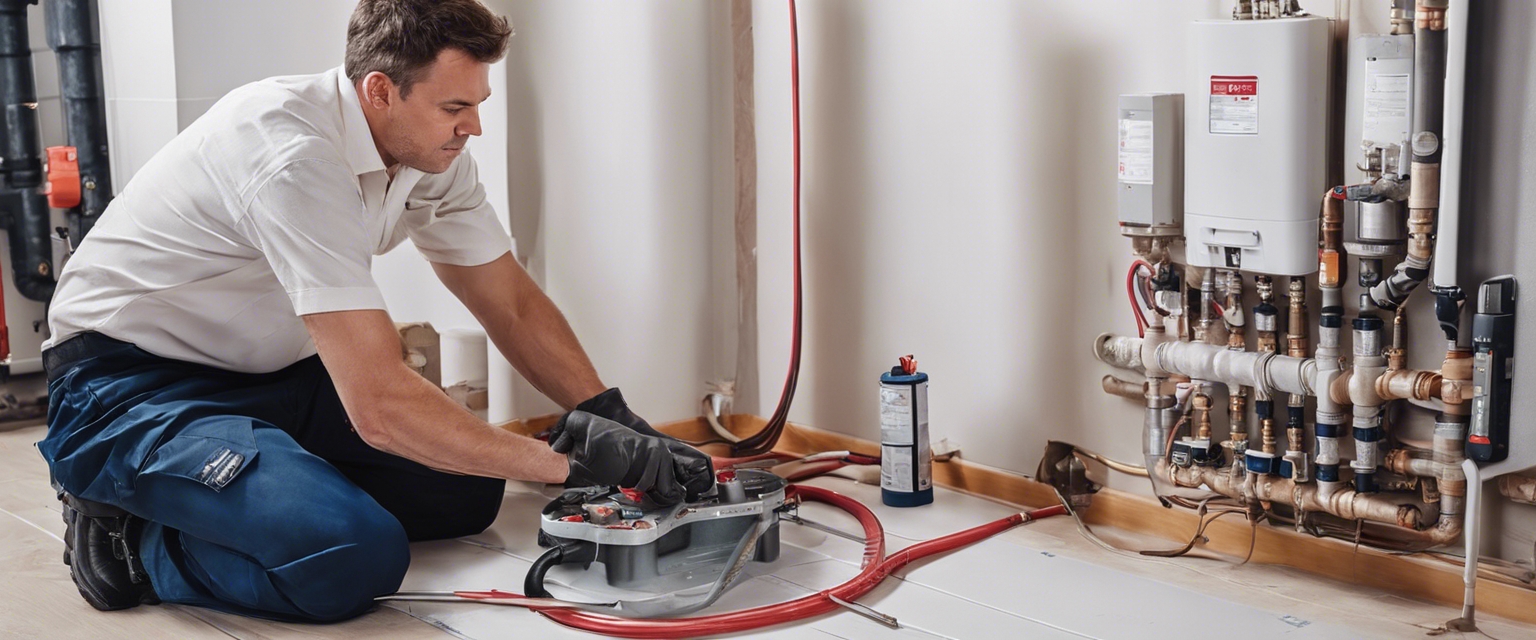The benefits of eco-friendly cooling solutions
Eco-friendly cooling refers to systems and practices that provide comfortable indoor temperatures with minimal environmental impact. These solutions prioritize renewable energy sources, energy efficiency, and sustainable design to reduce carbon emissions and energy consumption.
As global temperatures rise, the demand for cooling systems increases, making it crucial to adopt eco-friendly alternatives that mitigate climate change while providing comfort.
The Environmental Impact of Traditional Cooling Systems
Conventional cooling systems often rely on fossil fuels, contributing to high levels of CO2 emissions and exacerbating climate change.
Many traditional air conditioners use refrigerants with high global warming potential (GWP), leading to ozone layer depletion and a stronger greenhouse effect.
Advantages of Eco-Friendly Cooling Solutions
Eco-friendly cooling systems use less energy and sustainable refrigerants, significantly lowering greenhouse gas emissions.
These systems are designed to be more energy-efficient, leading to lower utility bills and operational costs over time.
By reducing pollutants and using non-toxic refrigerants, eco-friendly cooling improves indoor air quality, benefiting occupants' health.
Though the initial investment may be higher, the long-term savings and reduced maintenance costs make eco-friendly cooling a financially sound choice.
Types of Eco-Friendly Cooling Technologies
Passive cooling strategies, such as strategic shading and insulation, naturally reduce indoor temperatures without the need for mechanical systems.
Modern air conditioners with high SEER ratings use less energy and have a lower environmental impact than older models.
Geothermal systems leverage the stable temperatures underground to cool buildings efficiently and sustainably.
Also known as swamp coolers, these devices use the natural process of evaporation to cool air, using significantly less electricity than traditional AC units.
Implementing Eco-Friendly Cooling in Your Home or Business
Before adopting eco-friendly cooling, it's essential to assess your specific needs and plan accordingly to ensure optimal performance and efficiency.
Consider factors such as climate, building design, and budget when selecting the most appropriate eco-friendly cooling system for your property.
Regular maintenance is crucial for the longevity and efficiency of eco-friendly cooling systems, ensuring they continue to provide environmental and financial benefits.






Comments (0)